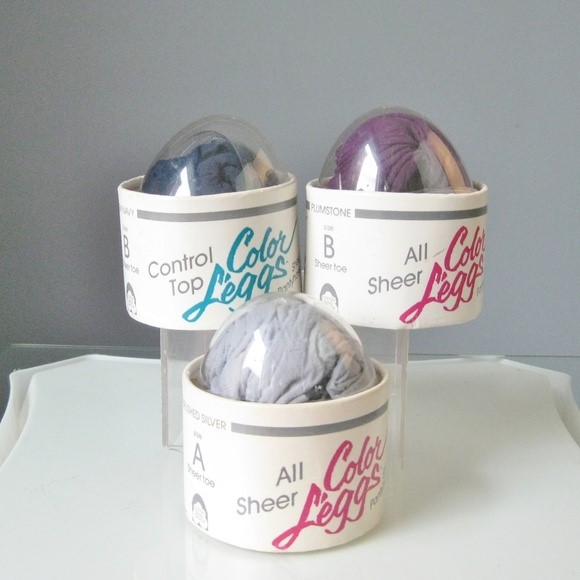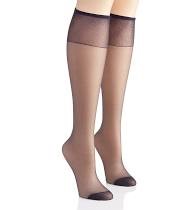“In the criminal justice system, sexually based offenses are considered especially heinous. In New York City, the dedicated detectives who investigate these vicious felonies are members of an elite squad known as the Special Victims Unit. These are their stories.”
For over 20 years the word “heinous” has been hammered into the American vocabulary via the opening lines of Law and Order: SVU. Originally obscure, this word can now be heard any day of the week, multiple times a day if you dip into ubiquitous SVU marathons. Heinous is now so commonplace that it has infiltrated the active vocabulary of millennials, who might say, “That dress my mother wants me to wear is, like, so heinous.” The SAT has dropped heinous from its menu of challenging words.
The dictionary provides the following synonyms: hateful, odious, abominable, reprehensible, atrocious, villainous, nefarious, infamous, flagrant, and flagitious (which the dictionary defines as heinous). In an effort to steer clear of any “me too” offense, Vocabulary.com provides “clubbing of baby seals” as an example of heinous behavior.
Among the synonyms, heinous is the best descriptor of sexually-based offenses. Nefarious implies cold and calculating, which eliminates the spontaneity of hormonally-fueled offenses. Flagrant implies obvious, so does not capture the dark nature of the crime. (Jaywalking can be flagrant.) The onomatopoeia of heinous is an attractive attribute. The announcer’s somber tone implies something evil and dark. Viewers must know that heinous cannot mean sunshine and light. If you casually drop the “h” you are left with an allusion to a dark, dank, and forbidden piece of anatomy, a place where the sun don’t ever shine.
After twenty years, SVU has showcased every depravity multiple times. The writers struggle to find new plot lines. Perhaps rethinking the story’s intro will provide a fresh jolt of creative energy. Below are options from other writers. These are their stories.
Cat in the Hat

There is Thing One and Thing Two that make something heinous
Trafficking of children and crimes against gayness
Oh dear, what a shame, what a shame
That such things happen that have such a name.
When a mess is too big and so deep and so tall.
We cannot fix it. There’s no way at all.
But the man on the corner, he’s wears a blue hat
He’ll do the job, so thank him for that.
King James Bible

Know ye not that the unrighteous shall not inherit the kingdom of God? Be not deceived: neither pedophiles, forceful fornicators, nor peddlers of flesh. Yea all are especially heinous unto him.
The Lord calleth them to kneel before an esteemed tribunal and they shall be judged.
The Lord also decrees that a man may now lieth with a man and woman with woman, and women may wear what pertaineth to a man, and a man may put on a woman’s garment. These are no longer abominations and whosoever says so has committed a heinous act and will be judged. So sayeth the Lord.
Ernest Hemingway

Man’s behavior is a moveable feast of good and bad. Moral is what you feel good after and what is immoral is what you feel bad after. That old fisherman made one mistake, and he felt bad, but it was a heinous mistake, so they took him to the big house.
Paul McCartney

Yesterday, all my troubles were far back in time
Now I’m a victim of a heinous crime.
Oh I wish it’s still yesterday.
Suddenly, I need a man from a special squad
To get a fingerprint or a DNA swab
Oh, yesterday come back to me.
Donald Trump

There are bad apples everywhere, but mostly from Mexico. I don’t really know, it’s just what I’ve been hearing, that M-16 gang out there on Long Island is especially heinous. That’s a word from that cop show Law and Order, so you all know what I’m talking about. I know lots of cops. They are very, very good people. I used to say Make America Great Again, but then I became president so now I say “I Made America Great.” Get that, I went from make to made, so that’s a success. A really very big deal. The police, who are really very dedicated people, they work for me to keep great what I made great in the first place.
David Foster Wallace[1]

When I binged all 248 episodes of SVU, I perseverated on the grammatical errors in the introduction. The announcer says “especially heinous,” but heinous is already at the far end of the spectrum of behavior. There can be nothing worse than heinous, so to say something is “especially heinous” is meaningless.[2]
The intro switches from “especially heinous” crimes to “vicious felonies.” This is repetitious. Are there heinous felonies that are not vicious?[3]
Remember that the SVU introduction is ad copy, not great literature. The copy writer is not playing to the lively mind, but to the spittled doper whose feebly firing synapses require repetition. I’ve been that slacker on the couch. Don’t change a word.
[1] From the Editor: This pandemic summer seemed like the perfect opportunity to tackle DFW’s 1,000-page acclaimed novel, Infinite Jest. The novel features extensive digressions at the slightest provocation and over 200 pages of footnotes that could themselves be considered a novel. Infinite Jest is not a “beach read,” its title poking fun at determined readers, such as me, who have stalled out on page 238 but still display the book on the coffee table. DFW was a fanatic about grammar and described the correct usage of the words “nauseous” (causing nausea) and “nauseated,” (feeling nausea).
[2] From DFW: “Especially” is a category of adverb known as an “intensifier,” a word that amps up the companion adjective or verb. Writers who use adverbs are too lazy to find the better noun, adjective or verb. Gratuitous intensifiers include “very” or “really.” “A really very big deal” is bad English. You can delete “really,” “very” and “big” and say, “It was a blockbuster.” Or if you are both a pathologic and pathogenic egomaniac, go ahead and use the all-purpose f-word intensifier, “I am fucking great.”
I don’t tolerate “very” and “really” in my writing. Or in conversation. However, “exquisitely” has emerged as my go-to verbal tic intensifier. It is mostly used in a positive sense, but I like to pair it with a negative word, such as “exquisitely ugly.” A word check of my writing reveals references to exquisite hygiene, exquisite ass, exquisitely-designed sphincter and exquisitely painful. I first encountered the latter description in a medical journal and liked the juxtaposition. Yes, the sado-masochist might thrill to exquisite pain, but I see another meaning – intense pain that has some redeeming value. I asked the Moms if she had experienced exquisite pain and she told me about the first time she breast fed me – that wincing, close-your eyes, hold-your-breath, suck-it-up, slap the arm chair pain, a pain like a pair of pliers twisting a tender nipple, but in the end worthwhile.
[3] From the editor: DFW goes on an extensive riff about the etymology of various sexual offensives. He seems particularly entranced with the mythological origins of the words “succubus” and “incubus”, i.e. men who violate dead women and women who violate dead men, respectively. He contends that succubus and incubus are only heinous crimes if the perpetrator has killed the victim. If not, the act is a crime of opportunity, only a misdemeanor, not a vicious felony. The discussion then veers to a detailed anatomic description of the exquisitely choreographed facial and tongue musculature to pronounce succubus, describing the word as sibilant and susurrus with a great mouth feel.
Follow Liza Blue on:

Share:



















